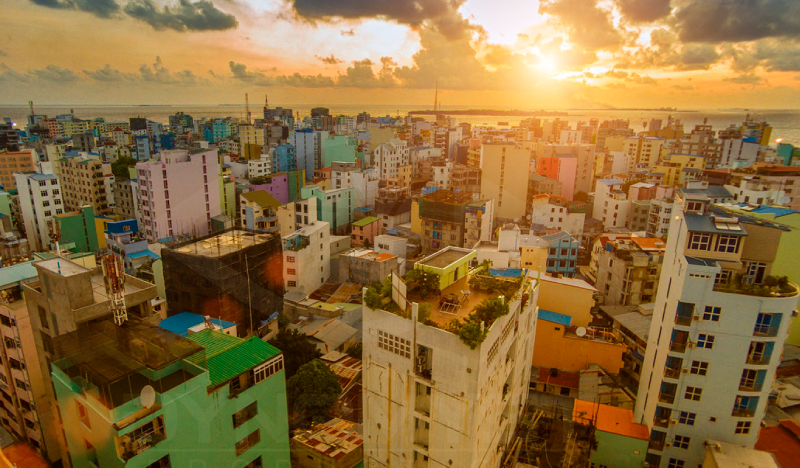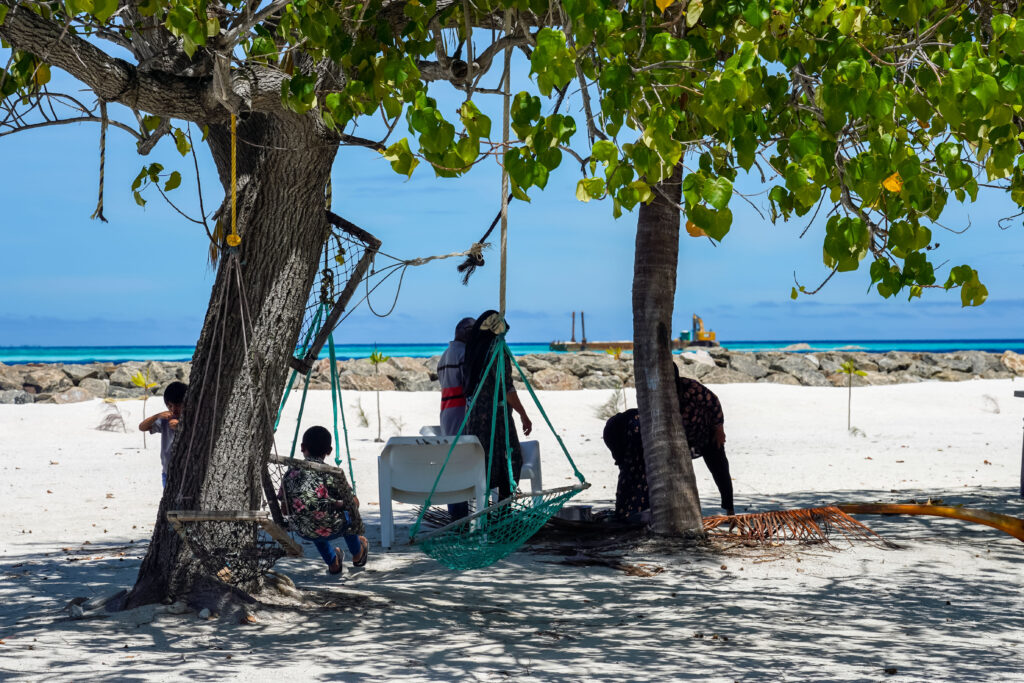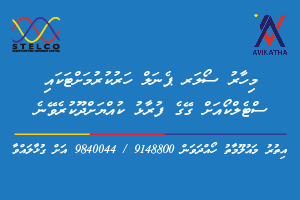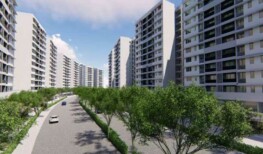Editorial: Permanent Address, Current Address: The Time to Talk About This is Now!

Photo: MV+
Ahmed moved from Addu to Male’ when he was just six years old, in 2000. His parents brought him to the Capital city to give him a better education, and he has been living here ever since. He goes to school in Male’, and found a job in Male’ when he was old enough, he is now married and has children of his own.
Even though Ahmed has not been to Addu in decades, for the coming Parliamentary Elections 2024, he is going to cast his ballot to the constituency of S. Hithadhoo; an island in which he has no vested interest.
This is the case for many Maldivians. The latest Census results show that 46% of the resident Maldivian population are migrants. That’s close to half of the population. This means that close to half of the population are living in islands that they were not registered to at birth.
Permanent Address Must be Abolished

The root cause of most social issues in this country can be linked to the issue of residency. Where you were born, and to whom you were born should not hinder your right to vote for a politician who will represent your interests.
A citizen who has lived his whole life in Male’ should not have a say in the Council and Parliamentary elections of an island he no longer belongs to. The current practice of determining constituency based on a ‘permanent address’ is not only illogical but also an injustice.
For what its worth I’ve never felt less being a Male’ meehaa, I’ve not felt judged if anything there was a respect given.
I didn’t realize this was a Male’ meeha vs Raajjethere meeha stand off. Don’t be stupid this is about an oppressed people asking for due equity.
Male’…— Mohamed Ali Jinad (@jinad_ali) October 6, 2023
It stands to reason that a citizen who lives on an island, who contributes to the economy of the island, and who reaps services from that island, should be able to have a say in who represents their constituency.
If @ElectionsMv can’t allow #Dhaftharees to vote for their current constituencies based on current addresses, pls allocate Majlis seats to Dhaftharu so there’re MPs answerable to them. Don’t exploit a disadvantaged group to increase MP seats for Male’. #RiseRT @FuwadThowfeek https://t.co/SusfwnWoxo— Sariira A. Shareef ➡️ #RiseRT (@sariiira) October 11, 2023
It’s impossible to talk about residency rights without mentioning the words, ‘racism’ or ‘discrimination’ but that’s what it is. The discourse of permanent address became especially pronounced when the incumbent government allocated valuable lands from Greater Male’ Region to a group of citizens described as, “the people of the Male’ city.”
Many took to social media, scrutinising the government’s interpretation of ‘Male’ citizens’. Although the government later relaxed their purist view of Male’ citizens, for many, the government’s announcement reinforced the centuries-long superiority complex deeply rooted in the history of this country.
The spirit of voting laws and housing policies have now become strongly reminiscent of days when islanders had to pay Vaaru tax and Kuda Sitee (permit for islanders to stay in the Capital.)
Discrimination is when two Maldivian citizens are differentiated in the provision of land/housing based on their “dhaaimee address,” despite the both of them residing in Malé.
Aasandha and allowance ga discriminate nukoh Binveriya ga kuran ok vanee keevve?#EmmengeVazan #RiseRT https://t.co/8aW8n8a0mQ— Ablo (@BoaSuv) October 7, 2023
‘Permanent address’ is proof that islanders are still living as second-class citizens in this country. And it is proof that the spirit of discrimination has not been completely abolished.
It is a fact that ‘Permanent address’ is stifling the development of democracy in this country when many are not properly represented through elected officials.
What Does the Constitution of Maldives Say About Permanent Address?
Nothing. The idea of a ‘permanent address’ does not exist in the constitution. But the law does highlight residence rights for all Maldivians.
According to the law, any Maldivian living on an island for five years or more should be able to obtain residency on that island, thus entitling them to services provided by the island with no discrimination. This should include housing and voting. At least, it’s supposed to.
This is where a lot of those advocating for the rights of islanders and residence rights voiced their frustrations when the incumbent government chose to define “the people of Male’ City” by their permanent address, going against the laws in place.
How Does Residence Rights Work in Other Countries?
If we take our close neighbour India, their laws include a section titled Representation of the People Act. One of its provisions guarantees the right to vote for a constituency to which their citizens settled.
Any developed nation in the world guarantees their migrants, that is citizens moving within the country, have the right to vote for their new constituencies.
The right to settle anywhere is a right that is guaranteed to all Maldivian citizens by the Constitution. Migration is a right. And with it, denying the right to vote for settlers is unconstitutional.

Ahmed’s case is not unique. This issue applies to the 85K+ islanders living in the Capital currently, which is why it needs to be addressed now. Residency rights need to be addressed and a solution needs to be given either through courts or the legislative body to ensure thousands of people have proper representation in politics.
Electoral laws need revision, and so does our mentality on this issue. ‘Permanent address’ has seeped so deep into everyday life that most citizens do not give it a second thought. Whether you apply for government services, a new phone line, or even make doctor’s appointments, ‘permanent address’ although irrelevant, somehow becomes relevant on paper.
Power to this #baathilvote!#RiseRT #QA41 pic.twitter.com/cdUq4EXgtZ— Jenny Latheef #RiseRT 🇲🇻 (@LitmusTimes) October 2, 2023
Years of centralisation forced many islanders to migrate to the Capital for basic necessities like education and healthcare. The majority of the economic activity of the country happens in this dense city. All government offices are here. Ensuring rights are given equally, like housing and voting rights, to all residents is merely levelling the playing field for migrants and those with Male’ as ‘permanent address.’
With the looming parliamentary elections happening next year, MV+ media will push for this campaign more than we have done in the past. Oppression is not always apparent but subtle, and the time to act on this is now.







